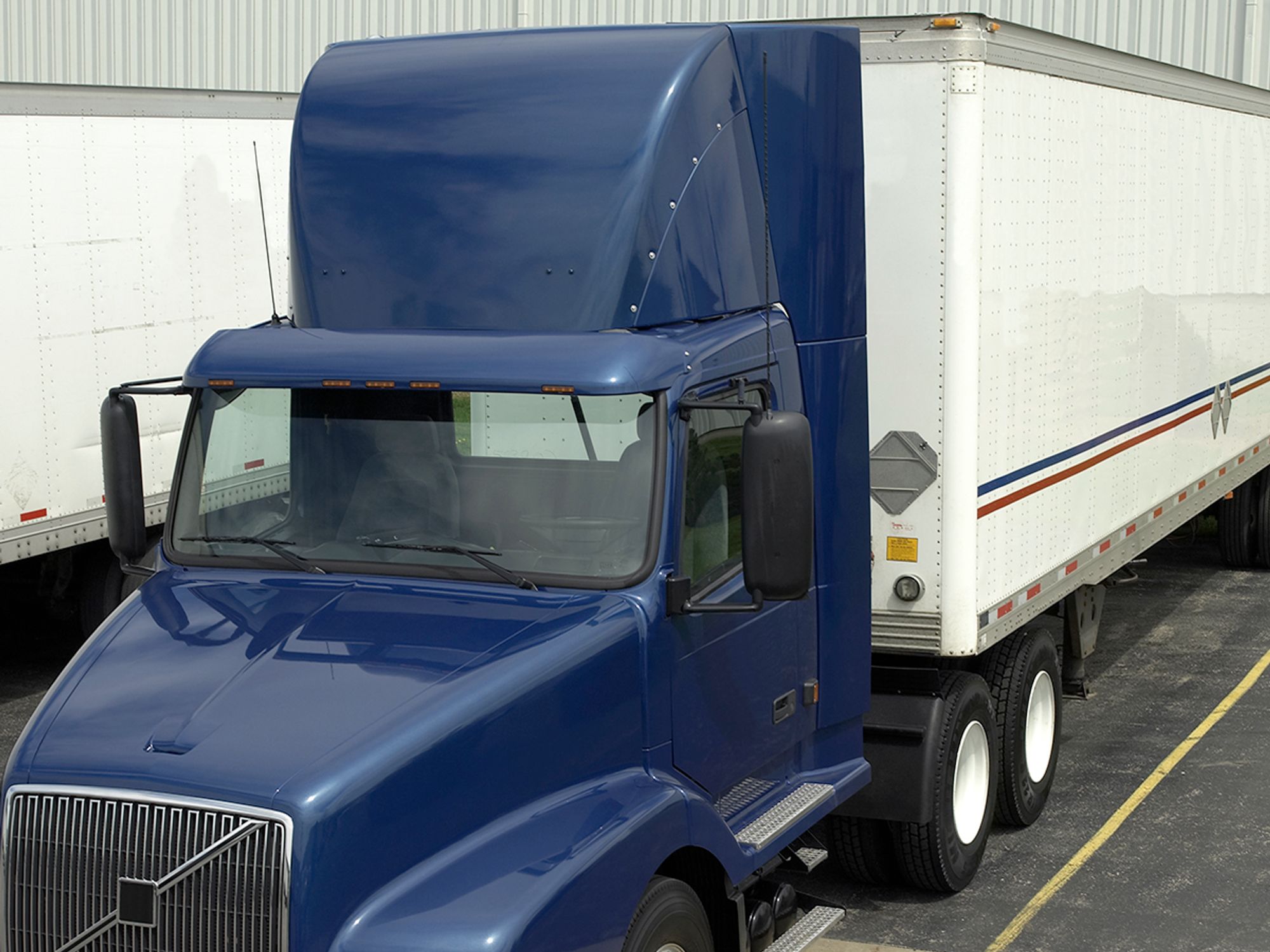Freight forwarder

- Specific criteria define a freight forwarder and the operations that person or entity conducts.
- A key distinction separates freight forwarders from brokers, and two types of freight forwarder authority are provided.
The term “freight forwarder” means a person or entity presenting itself to the general public (other than as a pipeline, rail, motor, or water carrier) to provide transportation of property for compensation, and in the ordinary course of its business:
- Assembles and consolidates, or provides for assembling and consolidating, shipments and performs or provides for break-bulk and distribution operations of the shipments;
- Assumes responsibility for transportation from the place of receipt to the place of destination; and
- Uses for any part of the transportation a carrier subject to jurisdiction of either the Federal Motor Carrier Safety Administration (FMCSA) or the Surface Transportation Board.
Freight forwarders are required to have a U.S. Department of Transportation (USDOT) number and register for freight forwarder operating authority with the FMCSA. Freight forwarders that perform both freight forwarder services and motor carrier services must obtain both freight forwarder and motor carrier authority. This requirement is similar to one for motor carriers that broker loads, even occasionally. Such carriers also must have both motor carrier and broker authority.
The main distinction between a broker and a freight forwarder is a broker does not transport property and does not assume responsibility for the property.
There are two types of freight forwarder authority: Freight Forwarder of Property (except household goods) and Freight Forwarder of Household Goods. Both are required to file Form OP-1(FF) to be granted authority. Companies with existing motor carrier authority should include their current USDOT number on the OP-1(FF) form but leave the MC number field blank. The FMCSA will issue a separate MC number for freight forwarder authority.
